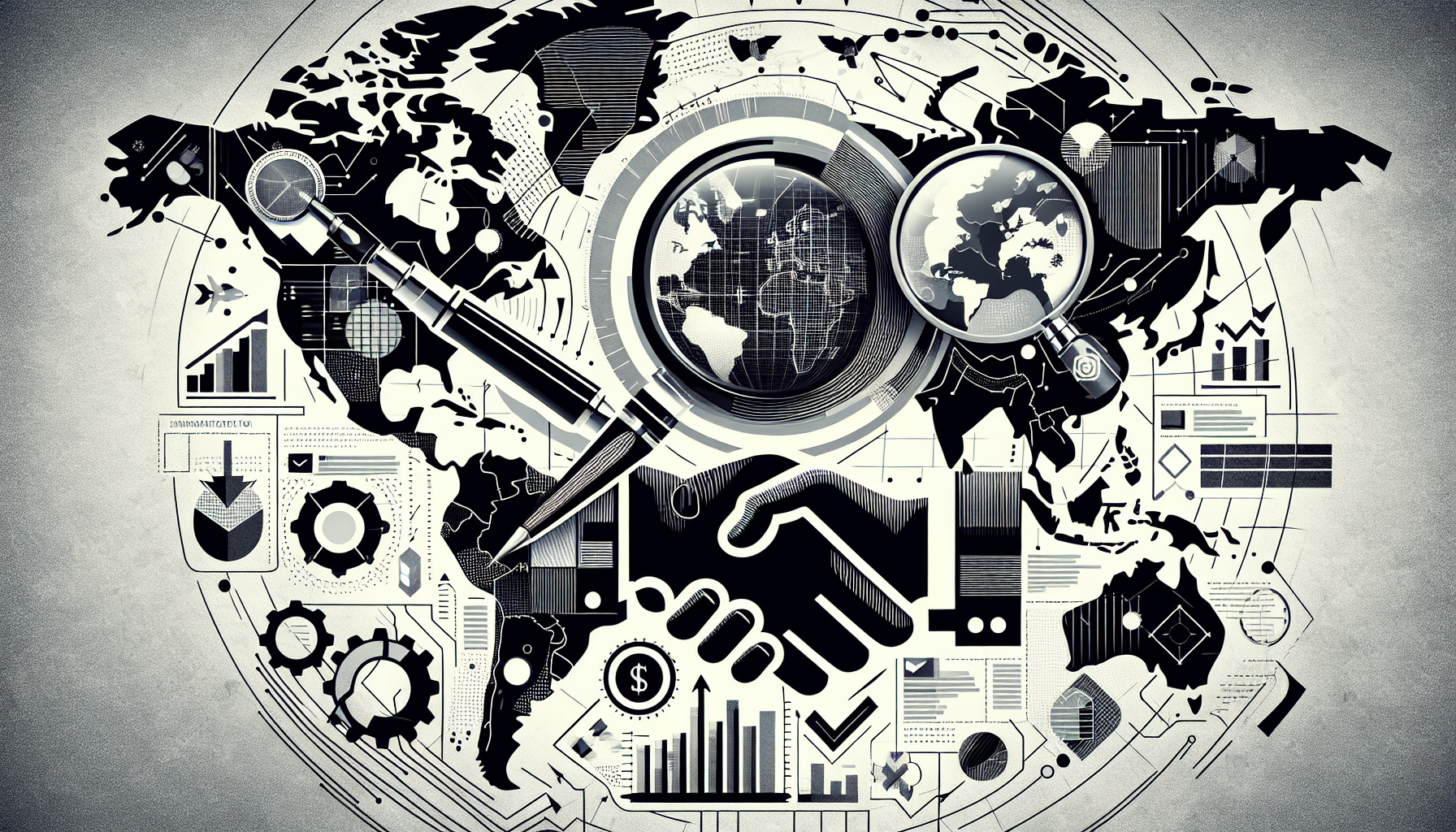As the world becomes more interconnected, the significance of geopolitical analysis is rapidly growing.
This discipline, which combines political science, geography, economics, and sociology, offers an indispensable tool for understanding the complexities of the global landscape.
Geopolitical analysis provides a comprehensive view of the global political environment, assisting decision-makers in various sectors such as business, government, and academia. It delves into an array of factors — from the geographic positioning of countries and their political systems, to their economic capabilities and social dynamics — to predict potential outcomes and offer strategic recommendations.
Geography and Politics: An Inseparable Duo
The term ‘geopolitical’ is a compound of two words – geo (earth) and politics. It essentially explores the interplay between political activity and geographical location. Today, it’s clear that geography plays an intrinsic role in shaping the political outcomes of nations. For instance, landlocked countries often face economic hurdles due to their limited access to sea routes for international trade. Geopolitical analysis, therefore, seeks to understand these spatial dynamics, enabling informed strategies to navigate such obstacles.
Understanding Socioeconomic Factors
In addition to the geographic landscape, socioeconomic factors play a crucial part in geopolitical analysis. The wealth of a nation, the economic disparity among its citizens, and social factors like education and health care are key components that shape the country’s geopolitical stance. For example, nations with strong economies and high living standards often wield greater influence on the international stage. These countries also tend to foster more stable political environments, further enhancing their global standing.
The Economic Dimension of Geopolitics
The global economy is another crucial element in geopolitical analysis. This approach scrutinizes the global flow of goods, services, and capital, along with the economic policies of individual nations. It’s not uncommon for economic factors to trigger significant geopolitical shifts. For example, a sudden increase in oil prices can drastically impact oil-dependent economies, leading to potential political instability.
The Role of Geopolitical Analysis in Business
In the business world, geopolitical analysis is increasingly recognized as a vital part of strategic planning. Businesses operating internationally must navigate various political systems, economic policies, and cultural norms. Through geopolitical analysis, they can assess potential risks and opportunities in different markets, thereby making informed decisions about expansion, investment, and risk management.
Moreover, geopolitical analysis can forecast potential disruptions in the global supply chain – a very pertinent issue today. By examining political, social, and economic trends, companies can anticipate changes and adapt their strategies accordingly.
Contributing to International Relations

Beyond business, geopolitical analysis also plays a pivotal role in international relations. Governments and international organizations rely on this discipline to guide their foreign policy decisions and diplomatic strategies. By understanding the political landscape, these entities can foster stronger, more productive relations between nations.
The world we live in today is shaped by a plethora of dynamic and complex factors.
As such, the role of geopolitical analysis in understanding these factors is more valuable than ever. By providing a comprehensive view of the global landscape, this discipline allows individuals, businesses, and governments to navigate the world with greater confidence and foresight.